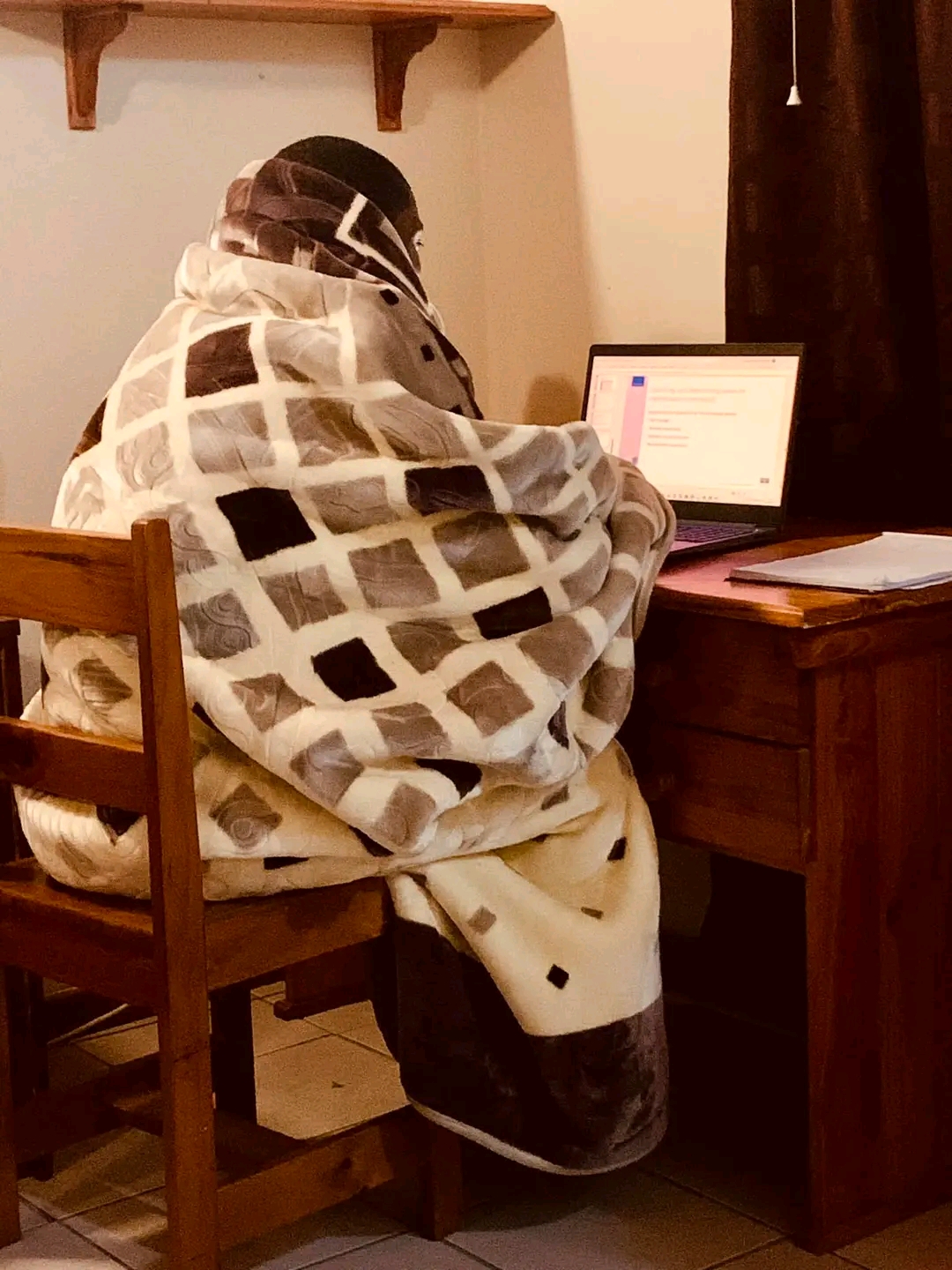
Academic exclusion typically refers to a disciplinary action taken by educational institutions where a student is temporarily or permanently removed from academic programs due to academic misconduct, poor performance, or failure to meet certain standards or requirements set by the institution. It’s a serious consequence that can affect a student’s academic career and future opportunities.
MOST COMMON CAUSES OF ACADEMIC EXCLUSION: The most common cause of academic exclusion is typically poor academic performance, including failing grades, not meeting academic progression requirements, or repeated violations of academic integrity policies such as plagiarism or cheating.
Lack of study and time management skills is another significant factor that can contribute to academic failure and potential academic exclusion also. Here’s how:
1. **Procrastination:** Poor time management often leads to procrastination, where students delay completing assignments or studying until the last minute. This can result in rushed, incomplete work or missed deadlines, negatively impacting academic performance.
2. **Ineffective Study Habits:** Without proper study skills, students may struggle to retain information, leading to poor performance on exams and assignments. This can result in low grades and ultimately academic failure.
3. **Overcommitment:** Students who struggle with time management may overcommit to extracurricular activities, part-time jobs, or social engagements, leaving little time for studying and academic responsibilities.
4. **Lack of Prioritization:** Difficulty prioritizing tasks can lead to spending too much time on less important activities while neglecting essential academic duties such as studying for exams or completing assignments.
5. **Inefficient Use of Time:** Without effective time management strategies, students may waste time on distractions such as social media, gaming, or aimless internet browsing instead of dedicating focused time to studying.
6. **Poor Organization:** Disorganization can lead to missed deadlines, forgotten assignments, and difficulty keeping track of academic responsibilities, further exacerbating academic challenges.
Addressing these issues often involves teaching students effective study techniques, time management strategies, and organizational skills. Providing resources such as workshops, academic counseling, and time management apps can help students develop these essential skills and improve their academic performance, reducing the risk of academic exclusion.
Delays in receiving allowances can significantly impact students in various ways, potentially leading to academic failure and facing academic exclusion also. Here’s how:
1. **Financial Stress:** Students often rely on allowances for essentials like food, housing, and transportation. Delays in receiving these funds can lead to financial stress, making it difficult for students to focus on their studies.
2. **Inability to Afford Materials:** Some students may need to purchase textbooks, materials, or equipment for their courses. Without timely allowances, they may struggle to afford these necessities, hindering their ability to succeed academically.
3. **Housing Insecurity:** Delays in allowances can affect students’ ability to pay rent or afford suitable housing. This can lead to housing instability or homelessness, creating a chaotic environment that makes it challenging to concentrate on academics.
4. **Food Insecurity:** Lack of funds for food can result in food insecurity, which can lead to malnutrition and health issues. Hungry students may find it difficult to focus in class and perform well academically.
5. **Mental Health Impacts:** Financial stress and uncertainty about allowances can take a toll on students’ mental health, leading to anxiety, depression, or other mental health issues. These challenges can further impair academic performance and increase the risk of academic exclusion.
6. **Limited Access to Resources:** Without adequate funds, students may not be able to access resources such as tutoring, academic support services, or extracurricular activities that can enhance their learning and academic success.
Overall, delays in receiving allowances can create significant barriers for students, jeopardizing their academic progress and increasing the likelihood of facing academic exclusion. It’s crucial for educational institutions to address these issues promptly to support students’ academic success and well-being.
To avoid academic exclusion, students can take several proactive steps:
1. **Develop Strong Study Habits:** Practice effective study techniques such as creating study schedules, taking organized notes, and actively engaging with course material.
2. **Improve Time Management Skills:** Prioritize tasks, set realistic goals, and allocate time effectively for studying, assignments, and other academic responsibilities.
3. **Seek Academic Support:** Take advantage of tutoring services, study groups, and academic counseling to enhance understanding of course material and improve performance.
4. **Adhere to Academic Integrity Policies:** Avoid plagiarism, cheating, and other forms of academic misconduct by properly citing sources and completing assignments with integrity.
5. **Communicate with Instructors:** Maintain open communication with instructors to seek clarification on assignments, discuss academic challenges, and seek guidance when needed.
6. **Stay Organized:** Use planners, calendars, or digital tools to keep track of deadlines, assignments, and exam dates to avoid missed deadlines and incomplete work.
7. **Balance Academic and Non-Academic Activities:** Manage extracurricular activities, part-time jobs, and social engagements to ensure they do not interfere with academic responsibilities.
8. **Address Mental Health and Well-being:** Prioritize self-care, manage stress effectively, and seek support from campus resources or mental health professionals if needed.
9. **Stay Financially Prepared:** Budget effectively, plan for expenses, and seek assistance from financial aid offices or student support services to mitigate financial challenges that may impact academic performance.
By taking proactive measures to enhance academic skills, manage time effectively, seek support when needed, and prioritize well-being, students can reduce the risk of academic exclusion and achieve academic success.